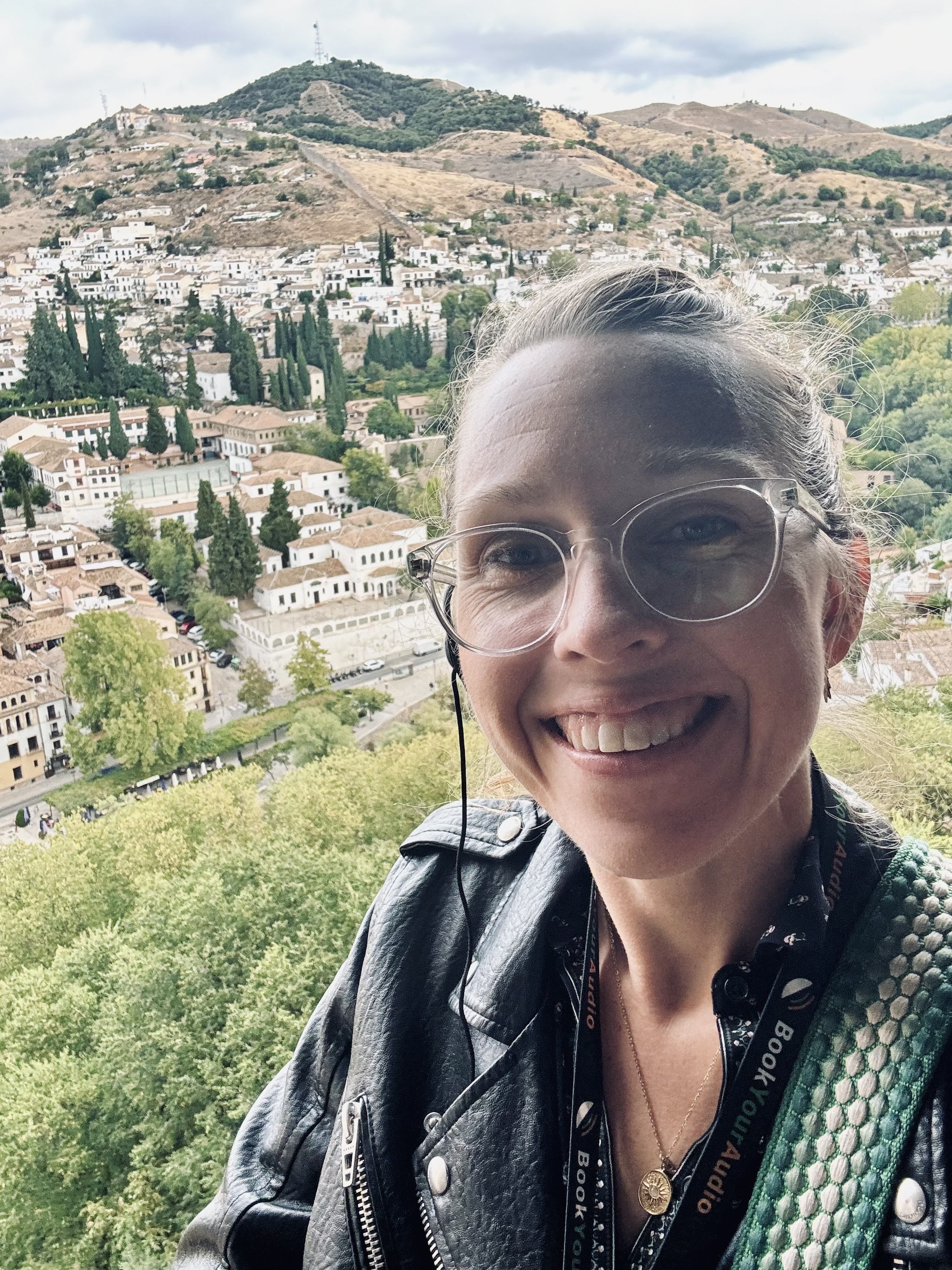Q&A with CIC Vice President Dr. Brennan Keegan
Q: A common critique of interfaith work is its occasional inability to garner support and participation from diverse voices, whether that be from people of different ages, ethnicities, political leanings, etc. What steps are necessary to diversify our Council?
A: As the landscape of religion changes in Charleston, as well as across the country, we have to ensure that we are not hanging on to old institutional ideas of what “religion” is. We want to include the voices of atheists, “Spiritual but not religious” (SBNR) folks, humanists, etc. These practices do not always demonstrate a ‘lack of religiosity’, they are merely alternative ways of meaning-making in our communities from beyond institutional boundaries. Data shows that younger generations are more apt to join movements like SBNR, so including their perspective will lend itself naturally to including more younger people who may feel alienated by mainstream religions or have experienced religious trauma, but still crave community with people who share similar morals and beliefs. Community is one of the most important aspects of religion (or the most if you subscribe to Emile Durkheim’s ideas of the “Church”). We live in an age where we are more connected than ever–digitally, albeit–but in our everyday lives, we are more isolated than ever. We need to think of ways to create programming that will reach out to those people on the fringes of institutionalized religion, but who are still interested in what religion and religious community has to offer. For example, the CIC board recently discussed our fall programming, where we’d like to aim for more conference-style events, with workshops, keynote speakers, panels of college students. This will allow conversation about SBNR, for example, and possibly engage in some of the questions that those identities are attempting to answer.
Q: As the current vice-president and likely next president of CIC, what specific goals do you have in mind for the organization?
A: In this current cultural and political moment, we need more education, understanding, and community with people who are different from us. It’s crucial for people to experience the reality that we are all human and all in this together. Caring for your fellow neighbors is a core piece of all religion. In an age of uncertainty, what holds true is that change is always possible at the local level. The CIC wants to help facilitate this change. Adding to the previous points about diversification, we’d like to draw more support from Conservative voices, which we have a lack of in our current programming. We’d like to include younger voices, introduce new communities, underrepresented voices, and more non-Abrahamic religions. To reach this goal, we are planning on partnering with various organizations in Charleston like the Charleston Literary Festival, Spoleto, and YALLfest, as well as other interfaith community groups in the area.
Q: As a professor of religious studies at the College of Charleston, how has your experience of and passion for pedagogy assisted you in your leadership work with CIC?
A: In the classroom, I often have to walk the line to introduce topics that may be touchy or worrisome. Most importantly, I have to introduce these topics without being pedantic or making students feel uncomfortable if they don’t believe what is being taught. We are careful in religious studies to not be mistaken for theology. To do this, we are careful to avoid giving students the impression that when I teach about a religious tradition, there is an underlying motive of converting students to that religion. These skills carry over naturally to interfaith work, as it’s crucial to engage with multiple beliefs without attempting to deliver one version of the truth. Also, as a professor, I have an interest in academic conversations and finding interesting and qualified speakers to deliver information to a group.

